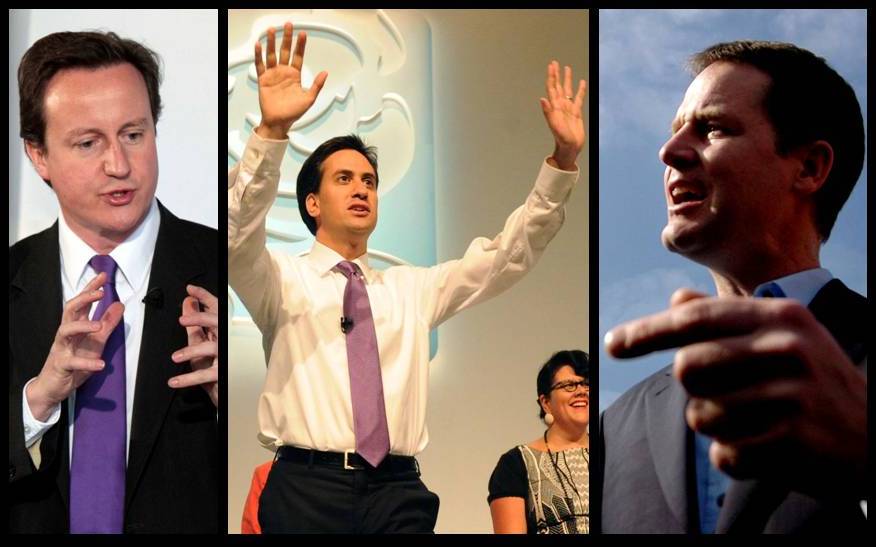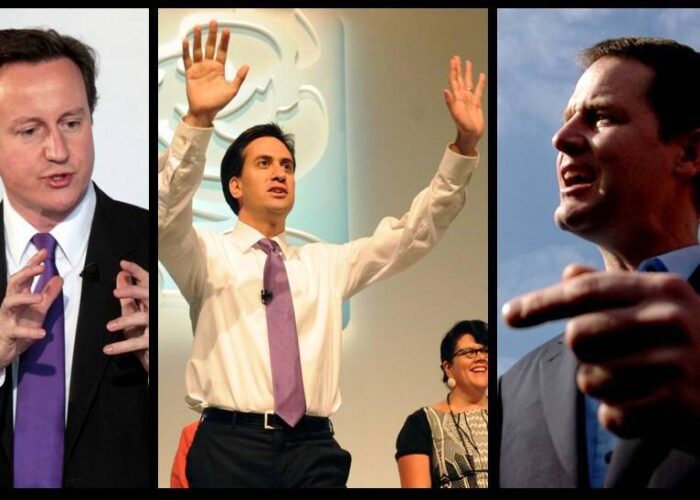
Party leaders have agreed a deal on the future of press regulation after last-ditch talks to prevent the issue going to a vote in the House of Commons.
A new, independent body to regulate the press is to be set up under Royal Charter based upon the recommendations of the newly-appointed LJMU Chancellor, Sir Brian Leveson.
The Conservative and Liberal Democrat coalition government, along with the Labour opposition, have come to a cross-party agreement over the proposals, after initially differing in opinion over how much the new regulator should be governed by law.
Since Prime Minister David Cameron walked out of all-party talks on Thursday night, Parliament was expected to have a vote on whether to take on Mr Cameron’s suggested measures or the plans of a Lib Dem/Labour joint venture.
Talks lasting until 2.30am on Monday morning and further meetings today have meant that the three parties have come to an agreement, although Downing Street and Labour leader Ed Miliband are still publically stating different opinions on how much legal framework is involved in setting up the regulator.
Lord Justice Leveson, who will take up the role of LJMU Chancellor from Brian May at the end of March, headed a high-profile inquiry into the practices of the press after it emerged that the News of the World had hacked the phones of some of their subjects of their stories, including the 13-year-old murder victim Milly Dowler.
Since the conclusion of the Leveson Inquiry, which started in 2011, Lord Leveson has stated that the press needs a tough new independent regulatory body that is backed by statute law as the behaviour of the press was “outrageous” and “wreaked havoc on the lives of innocent people”.
https://www.youtube.com/watch?v=6XTgwuJ6Ze4
It is now thought that the new regulator will have the power to impose fines of up to £1m on publications which carry “news-related material which is inaccurate or offensive”, and will also be able to direct apologies and corrections relating to erroneous stories.
Controlling the press through legislation has been the main point of contention between the opposing parties in Parliament, with the Prime Minister insisting that media freedom would be threatened by encapsulating the function of the press in law.
Mr Cameron said: “What we wanted to avoid, and we have avoided, is a press law.
“Nowhere will it say what this body is, what it does, what it can’t do, what the press can and can’t do. That, quite rightly, is being kept out of Parliament. So, no statutory underpinning but a safeguard that says politicians can’t in future fiddle with this arrangement.”
Different noises are coming from the Labour camp, where Mr Miliband has said that the Royal Charter will be underpinned by statute.
Deputy Prime Minister and Lib Dem leader Nick Clegg was “delighted” at the cross-party agreement and claimed “everybody has won”.
Royal Charters grant specific powers or rights to individuals or bodies and are used to establish cities and universities. The BBC and the Bank of England also operate under Royal Charters. Mr Cameron has said that under the Royal Charter the press will be under the ‘toughest ever regulation’ whilst opposition parties had said that without being governed by statute law the new regulatory body would ‘lack teeth’.

